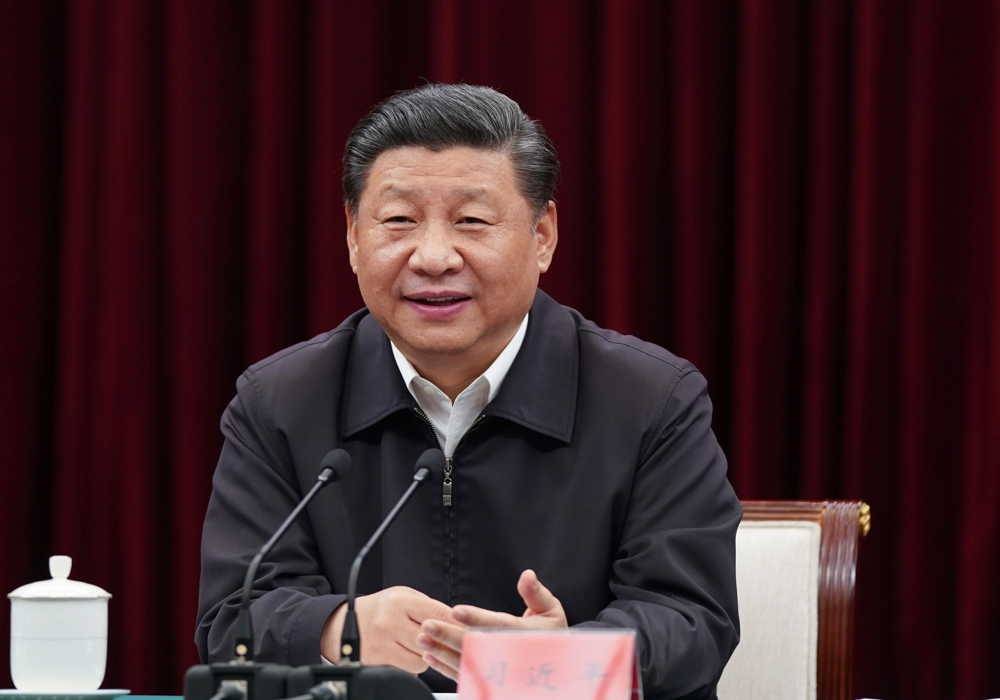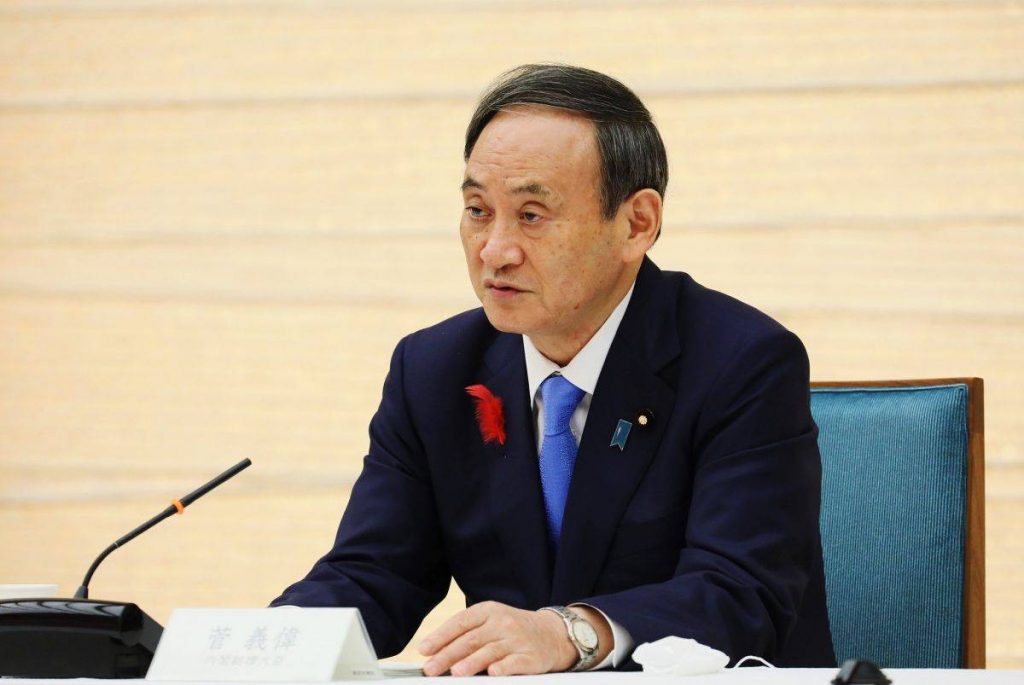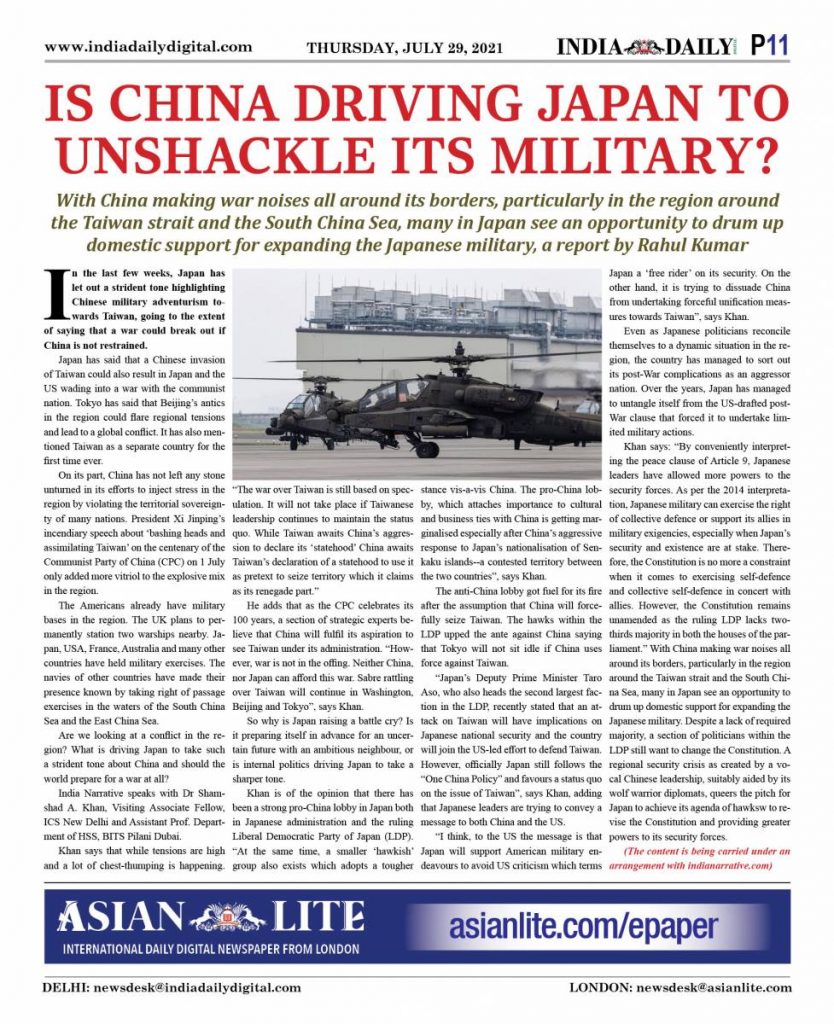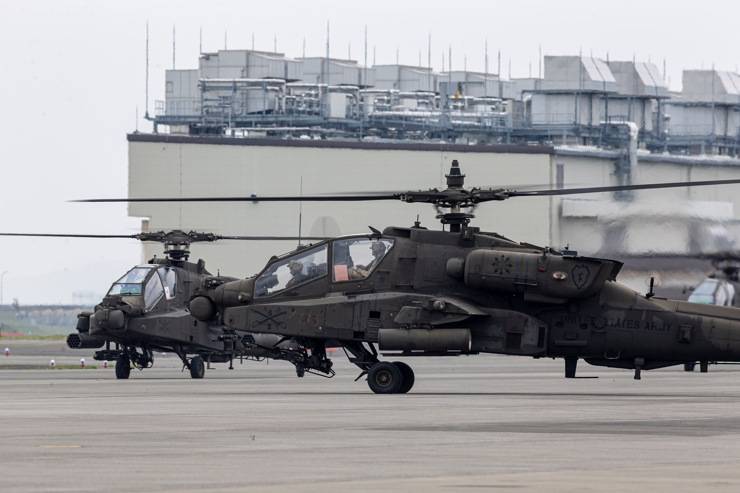With China making war noises all around its borders, particularly in the region around the Taiwan strait and the South China Sea, many in Japan see an opportunity to drum up domestic support for expanding the Japanese military, a report by Rahul Kumar
In the last few weeks, Japan has let out a strident tone highlighting Chinese military adventurism towards Taiwan, going to the extent of saying that a war could break out if China is not restrained.
Japan has said that a Chinese invasion of Taiwan could also result in Japan and the US wading into a war with the communist nation. Tokyo has said that Beijing’s antics in the region could flare regional tensions and lead to a global conflict. It has also mentioned Taiwan as a separate country for the first time ever.
On its part, China has not left any stone unturned in its efforts to inject stress in the region by violating the territorial sovereignty of many nations. President Xi Jinping’s incendiary speech about ‘bashing heads and assimilating Taiwan’ on the centenary of the Communist Party of China (CPC) on 1 July only added more vitriol to the explosive mix in the region.
The Americans already have military bases in the region. The UK plans to permanently station two warships nearby. Japan, USA, France, Australia and many other countries have held military exercises. The navies of other countries have made their presence known by taking right of passage exercises in the waters of the South China Sea and the East China Sea.
Are we looking at a conflict in the region? What is driving Japan to take such a strident tone about China and should the world prepare for a war at all?

India Narrative speaks with Dr Shamshad A. Khan, Visiting Associate Fellow, ICS New Delhi and Assistant Prof. Department of HSS, BITS Pilani Dubai.
Khan says that while tensions are high and a lot of chest-thumping is happening. “The war over Taiwan is still based on speculation. It will not take place if Taiwanese leadership continues to maintain the status quo. While Taiwan awaits China’s aggression to declare its ‘statehood’ China awaits Taiwan’s declaration of a statehood to use it as pretext to seize territory which it claims as its renegade part.”
He adds that as the CPC celebrates its 100 years, a section of strategic experts believe that China will fulfil its aspiration to see Taiwan under its administration. “However, war is not in the offing. Neither China, nor Japan can afford this war. Sabre rattling over Taiwan will continue in Washington, Beijing and Tokyo”, says Khan.
So why is Japan raising a battle cry? Is it preparing itself in advance for an uncertain future with an ambitious neighbour, or is internal politics driving Japan to take a sharper tone.
Khan is of the opinion that there has been a strong pro-China lobby in Japan both in Japanese administration and the ruling Liberal Democratic Party of Japan (LDP). “At the same time, a smaller ‘hawkish’ group also exists which adopts a tougher stance vis-a-vis China. The pro-China lobby, which attaches importance to cultural and business ties with China is getting marginalised especially after China’s aggressive response to Japan’s nationalisation of Senkaku islands–a contested territory between the two countries”, says Khan.

The anti-China lobby got fuel for its fire after the assumption that China will forcefully seize Taiwan. The hawks within the LDP upped the ante against China saying that Tokyo will not sit idle if China uses force against Taiwan.
“Japan’s Deputy Prime Minister Taro Aso, who also heads the second largest faction in the LDP, recently stated that an attack on Taiwan will have implications on Japanese national security and the country will join the US-led effort to defend Taiwan. However, officially Japan still follows the “One China Policy” and favours a status quo on the issue of Taiwan”, says Khan, adding that Japanese leaders are trying to convey a message to both China and the US.
“I think, to the US the message is that Japan will support American military endeavours to avoid US criticism which terms Japan a ‘free rider’ on its security. On the other hand, it is trying to dissuade China from undertaking forceful unification measures towards Taiwan”, says Khan.
Even as Japanese politicians reconcile themselves to a dynamic situation in the region, the country has managed to sort out its post-War complications as an aggressor nation. Over the years, Japan has managed to untangle itself from the US-drafted post-War clause that forced it to undertake limited military actions.

Khan says: “By conveniently interpreting the peace clause of Article 9, Japanese leaders have allowed more powers to the security forces. As per the 2014 interpretation, Japanese military can exercise the right of collective defence or support its allies in military exigencies, especially when Japan’s security and existence are at stake. Therefore, the Constitution is no more a constraint when it comes to exercising self-defence and collective self-defence in concert with allies. However, the Constitution remains unamended as the ruling LDP lacks two-thirds majority in both the houses of the parliament.”
With China making war noises all around its borders, particularly in the region around the Taiwan strait and the South China Sea, many in Japan see an opportunity to drum up domestic support for expanding the Japanese military. Despite a lack of required majority, a section of politicians within the LDP still want to change the Constitution. A regional security crisis as created by a vocal Chinese leadership, suitably aided by its wolf warrior diplomats, queers the pitch for Japan to achieve its agenda of hawksw to revise the Constitution and providing greater powers to its security forces.
(The content is being carried under an arrangement with indianarrative.com)

Leave a Reply